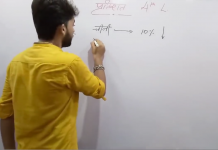DISORDERS OF THE EXCRETORY SYSTEM
Malfunctioning of kidneys can lead to accumulation of urea in blood, a condition called uremia, which is highly harmful and may lead to kidney failure. In such patients, urea can be removed by a process called hemodialysis. Blood drained from a convenient artery is pumped into a dialysing unit after adding an anticoagulant like heparin. The unit contains a coiled cellophane tube surrounded by a fluid (dialysing fluid) having the same composition as that of plasma except the nitrogenous wastes. The porous cellophane membrance of the tube allows the passage of molecules based on concentration gradient. As nitrogenous wastes are absent in the dialysing fluid, these substances freely move out, thereby clearing the blood. The cleared blood is pumped back to the body through a vein after adding anti-heparin to it. This method is a boon for thousands of uremic patients all over the world.
Kidney transplantation is the ultimate method in the correction of
acute renal failures (kidney failure). A functioning kidney is used in
transplantation from a donor, preferably a close relative, to minimise its chances of rejection by the immune system of the host. Modern clinical procedures have increased the success rate of such a complicated technique. Renal calculi: Stone or insoluble mass of crystallised salts (oxalates, etc.) formed within the kidney.
Glomerulonephritis: Inflammation of glomeruli of kidney.
………………………………………………………………………..
Subscribe to NEET preparation channel: https://www.youtube.com/channel/UCVjG…
Like us on facebook: https://www.facebook.com/profile.php?…
Follow us our facebook page: https://www.facebook.com/neetwithaks/
Follow me on gmail ID: [email protected]
Category: Education
License: Standard YouTube License
#Being Human Charitable Trust
source













![CY_GATE_2019_PHYSICAL_SPECTROSCOPY_[ELECTRONIC_BASIC]_All IN ONE_[Short_Trick]_2018-19_PART_1ST - Videos](https://trends.edugorilla.com/wp-content/uploads/sites/8/2018/08/cy_gate_2019_physical_spectroscopy_electronic_basic_all-in-one_short_trick_2018-19_part_1st-218x150.jpg)






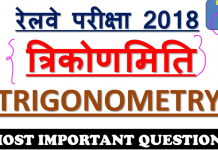
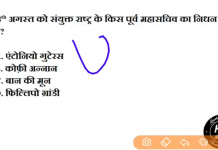
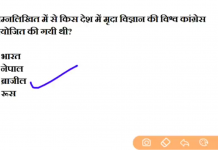






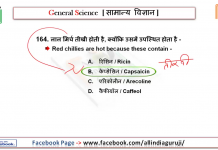


![24 August 2018 – The Indian Express Newspaper Analysis हिंदी में – [UPSC/SSC/IBPS] Current affairs - Videos](https://trends.edugorilla.com/wp-content/uploads/sites/8/2018/08/a520-218x150.png)
